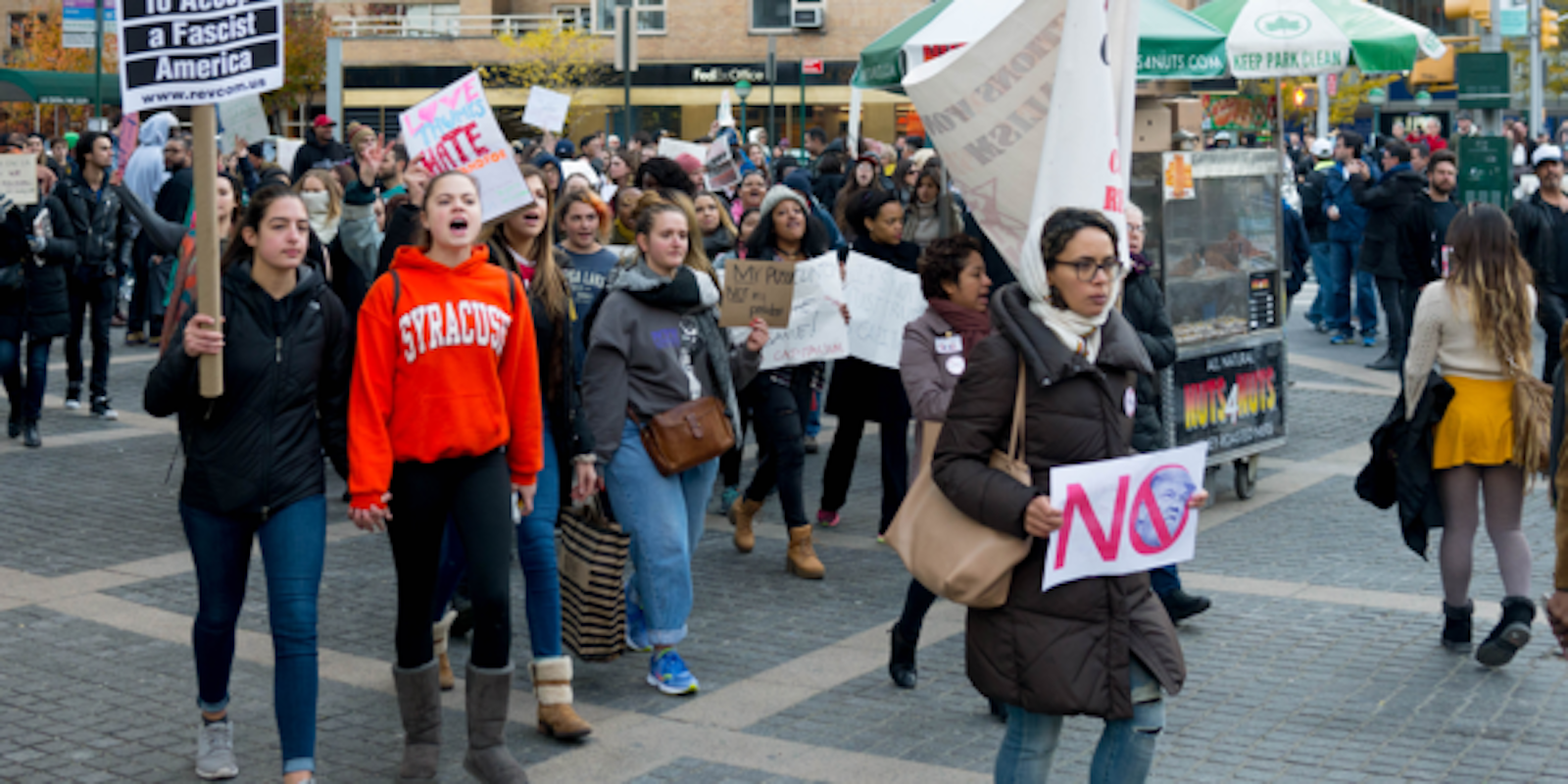Arizona’s police officers will be able to arrest and seize the assets of any protest attendee, even before any crime or riot has taken place, under a new law voted through by state senators on Wednesday.
The legislation was originally established for racketeering but was expanded in definition to include rioting, allowing for the prosecution of everyone planned or participated in a protest that turns violent.
Democrats have criticized the bill, which allows demonstrators to be arrested and have their property seized. The legislation does not require discrimination as to who may have, for example, thrown a punch in a crowd or broken a window. As soon as a riotous action has occurred, all protesters are deemed broadly associated and therefore guilty.
Further to that, due to processes afforded authorities who investigate racketeering and the renewed definition of rioting, police are permitted to preemptively arrest those planning a protest.
The debate at the state senate was heated as Sen. John Kavanagh (R-Fountain Hills) sought to present the bill.
“Wouldn’t you rather stop a riot before it starts?’’ he asked. “Do you really want to wait until people are injuring each other, throwing Molotov cocktails, picking up barricades and smashing them through businesses in downtown Phoenix?’’
It will just take one violent outburst for this legislation to come into effect. Even the most peaceful demonstrations can suffer a brief incident that could be defined as riotous, Sen. Martin Quezada (D-Phoenix) told reporters.
“When people want to express themselves as a group during a time of turmoil, during a time of controversy, during a time of high emotions, that’s exactly when people gather as a community,’’ he said. “Sometimes they yell, sometimes they scream, sometimes they do go too far.’’
The legislation looks set to conflict in many ways with First Amendment rights, and Democrats worry that it will chill to free speech and protest.
“I’m fearful that ‘riot’ is in the eyes of the beholder,” Sen. Andrea Dalessandro (D-Green Valley) commented. “And that this bill will apply more strictly to minorities and people trying to have their voice heard.’’


